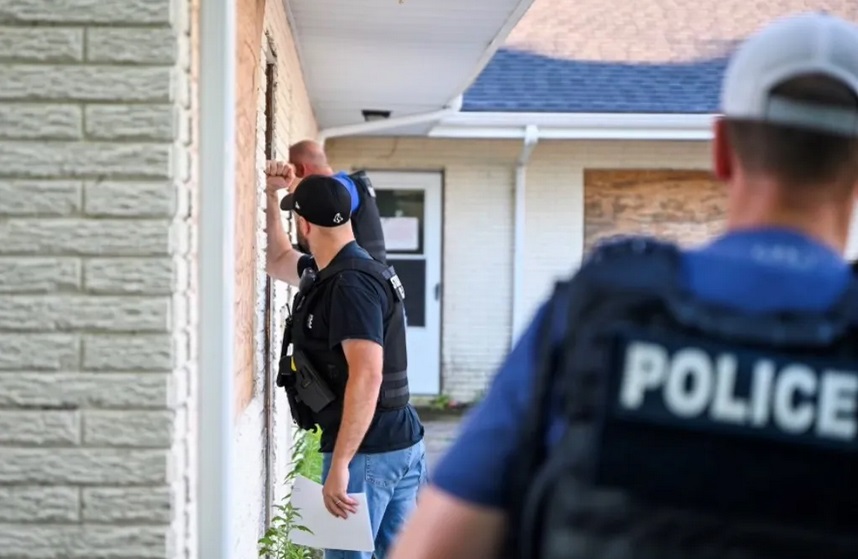latest
Democrat bills would punish Massachusetts landlords for crimes their tenants commit

Two proposed bills in the Massachusetts legislature would place significant financial responsibilities on landlords for tenant drug-related issues and police responses, even when landlords are not directly involved. These bills aim to address public safety but raise concerns about fairness and property management challenges.
HB1909: Fining Landlords for Tenant Drug Use
House Bill 1901 would impose fines on landlords if tenants use or store illegal drugs on their properties, regardless of whether the landlord is aware of the activity. This measure seeks to curb drug-related issues in rental properties by holding property owners accountable. Critics argue that penalizing landlords without their knowledge is unjust and could discourage property investment or lead to overly intrusive tenant monitoring. Supporters claim it incentivizes landlords to maintain safer environments, though the bill’s lack of clarity on enforcement or landlord protections remains contentious.
HB2246: Landlord Liability for Police Responses
House Bill 2246 goes further, making landlords financially responsible for the costs of police responses to their properties, no matter who initiates the call or the reason behind it. This could include incidents ranging from domestic disputes to noise complaints, even if the landlord has no control over the situation. Proponents argue that this bill encourages landlords to screen tenants more carefully and address issues proactively. However, opponents warn that it could unfairly burden landlords with unpredictable costs, particularly in high-crime areas, and may deter property owners from renting to certain tenants or operating in vulnerable neighborhoods.
Implications and Debate
Both bills reflect a push to enhance community safety but place landlords in a challenging position, holding them accountable for tenant actions they may not be able to prevent. Landlords already face responsibilities under Massachusetts law to maintain safe properties, such as complying with the State Sanitary Code and addressing known risks. These new proposals, however, expand liability significantly, potentially increasing financial risks and operational burdens. Critics, including groups like the AntiWuCoalition, argue that the bills punish landlords for crimes they didn’t commit, while supporters see them as tools to deter illegal activity and reduce strain on public resources.
As HB1901 and HB2246 move through the legislature, their outcomes could reshape the landlord-tenant dynamic in Massachusetts. Stakeholders are closely watching how these bills balance public safety with property owners’ rights, with potential implications for housing affordability and availability in the state.
Note: For the latest updates on these bills, check official Massachusetts legislative sources at www.malegislature.gov.





